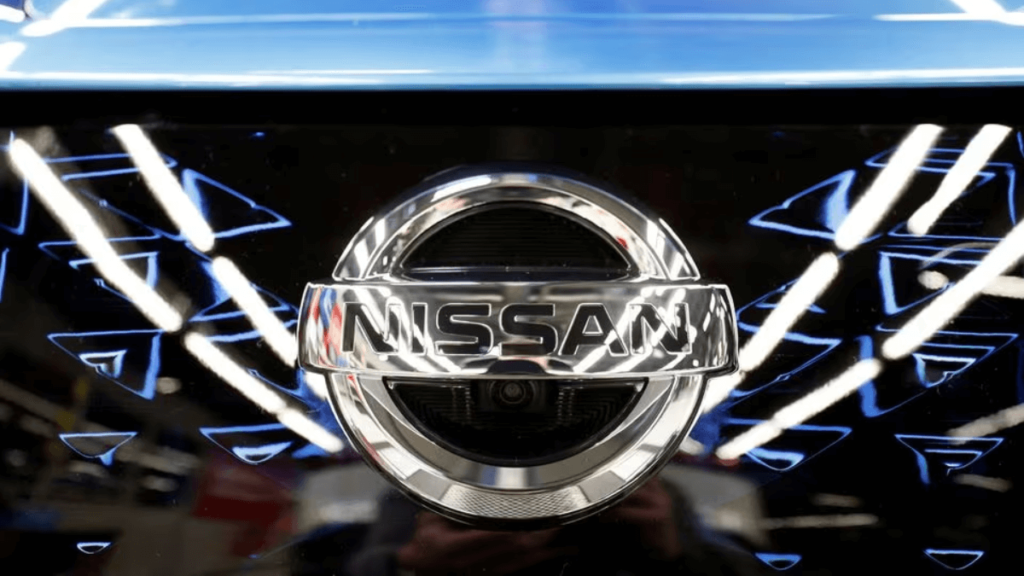In a potentially seismic shift for the automotive industry, Nissan and Honda have entered formal discussions regarding a possible merger, Reuters reported. The move comes as both Japanese automakers face mounting pressure to accelerate their electric vehicle (EV) strategies and compete with global giants. However, the ambitious timeline for such a complex integration presents a significant hurdle: time, according to Reuters.
Table of Contents
The talks, as detailed by Reuters, are centered around creating a powerful alliance capable of rivaling industry behemoths like Toyota and Volkswagen. The proposed structure, Reuters sources suggest, involves establishing a joint holding company, with both Nissan and Honda becoming private entities by August 2026. The future of Mitsubishi Motors, currently part of the Renault-Nissan-Mitsubishi Alliance, hangs in the balance, with a decision expected by early 2025, Reuters added.
Nissan’s Recent Struggles: A Backdrop to the Merger Talks
The potential merger emerges against a backdrop of significant challenges for Nissan, extensively reported by Reuters. The automaker has grappled with:
- Slumping Sales and Profits: Declining sales in key markets have eroded profitability and market share, Reuters reported.
- Outdated Models: An aging product lineup has hampered Nissan’s competitiveness in a rapidly evolving market, according to Reuters’ analysis.
- Leadership Vacuum: The fallout from the 2018 arrest of former Chairman Carlos Ghosn, on charges of financial misconduct, plunged the company into a period of instability and internal strife, as per Reuters.
- Alliance Reconfiguration: The Renault-Nissan-Mitsubishi Alliance has undergone restructuring to address governance issues and streamline operations following the Ghosn affair, Reuters stated.
The Merger’s Strategic Rationale
The potential union of Nissan and Honda is driven by several converging factors, as highlighted by Reuters:
- Intensified Global Competition: The rise of Chinese EV manufacturers and the rapid pace of technological change are intensifying competition in the automotive sector, Reuters reported.
- The EV Revolution: The massive investments required for EV development, battery technology, and charging infrastructure necessitate greater resource pooling, a key motivator for the merger, according to Reuters.
- Technological Convergence: Collaboration on software, autonomous driving systems, and other advanced technologies is crucial for future competitiveness, as emphasized by Reuters.
The Time Constraint: A Major Obstacle
Reuters underscores the immense challenge posed by the tight deadline of August 2026. Integrating two complex organizations with distinct corporate cultures, manufacturing operations, and supply chains is a monumental task. The potential for cultural clashes, operational disruptions, and technological integration hurdles adds to the complexity, Reuters noted.
Nissan’s UAE Presence:
While the potential merger dominates headlines, Nissan remains a significant player in the UAE automotive market, particularly with its popular Patrol SUV. The brand’s future strategy in the region is expected to focus on electrification, SUV innovation, and advanced technology integration.
Conclusion:
The potential merger between Nissan and Honda, as reported by Reuters, represents a bold attempt to navigate the turbulent waters of the modern automotive industry. While the potential synergies are significant, the companies face a formidable race against time to overcome the challenges of integration and secure their future in the rapidly evolving global market, Reuters concludes.
Know more about “What happened to Nissan?”
Focusing on Past Troubles:
- What happened to Carlos Ghosn at Nissan? He was arrested in Japan in 2018 on charges of financial misconduct, leading to his removal as chairman.
- How did Ghosn’s arrest affect Nissan? It caused leadership turmoil, damaged the company’s reputation, and strained the Renault-Nissan alliance.
- Why did Nissan have financial problems? Factors included declining sales, an aging product lineup, overexpansion, and internal management issues.
- Was Nissan close to bankruptcy? While they faced significant financial difficulties, they did not declare bankruptcy.
- What was the “Nissan rock bottom” incident? A former CEO used the phrase “rock bottom” in an earnings call, signaling the severity of the company’s financial situation.
Focusing on the Renault-Nissan-Mitsubishi Alliance:
- What is the Renault-Nissan Alliance? A strategic partnership between Renault, Nissan, and Mitsubishi Motors.
- What is the current status of the Renault-Nissan Alliance? The alliance has been restructured to improve governance and balance the partnership.
- How has the relationship between Nissan and Renault changed? The companies now have a more balanced ownership structure and clearer roles.
- Is the Renault-Nissan Alliance falling apart? While there have been tensions, the alliance remains in place, though it has been reconfigured.
Focusing on Nissan’s Current Situation and Future:
- Is Nissan doing better now? Nissan is undergoing restructuring, focusing on new models and technologies to improve its performance.
- What is Nissan’s current strategy? They focus on product renewal, improving profitability, and strengthening the alliance.
- Is Nissan focusing on electric vehicles (EVs)? Yes, they are heavily investing in EVs, building on their early lead with the Nissan LEAF.
- What are some of Nissan’s new EV models? The Nissan Ariya is a key example.
- Is Nissan still a major car manufacturer? Yes, they remain a significant global player, despite recent challenges.
Focusing on Specific Issues:
- Why are Nissan sales down? Factors include an aging product lineup, increased competition, and the global chip shortage.
- What is happening with Nissan’s Infiniti brand? Infiniti is also undergoing restructuring and focusing on new models and technologies.
Focusing on the Potential Honda Merger:
- Is Nissan merging with Honda? They are in talks to explore a potential tie-up, possibly a merger, as reported by Reuters.
- Why are Nissan and Honda considering a merger? To better compete in the changing automotive landscape, especially in EVs, and to share development costs.
- What are the challenges of a Nissan-Honda merger? Integrating two large companies with different cultures and operations is complex and time-consuming.
